March 18, 2021
Zixi Wang, Ph.D., is a postdoctoral fellow in the Zhu lab and an assistant instructor of pediatrics at UT Southwestern. He is studying how mutations in SWI/SNF chromatin remodeling complexes can lead to cancer.
What are you researching?
I’m focusing on how mutations in two key genes — ARID1A and ARID1B — affect cancer initiation and progression. These genes make the proteins that are key components of SWI/SNF chromatin remodeling complexes and are frequently mutated in many human cancers. In our cells, SWI/SNF chromatin remodeling complexes tighten or loosen DNA packaging and control how genes are turned on to make proteins. When assembled correctly, these complexes play crucial roles in the development of normal tissues, but when they’re broken, they can lead to the development of cancer.
We recently discovered in a study published in Nature Cancer that mutations in ARID1 genes can drive cancer development by disrupting the assembly of the SWI/SNF chromatin remodeling complex known as cBAF into many nonfunctional pieces. We, and others, identified how ARID1A and ARID1B proteins maintain stabilizing connections between different components within cBAF complexes. This helped us pinpoint a number of important regions within ARID1 proteins that, when mutated, can make cBAF complexes fall apart. We also found that when cBAF complexes fall apart, the leftover components interfere with the composition and function of other types of SWI/SNF chromatin remodeling complexes, which further contributes to cancer development.
The next step in my project is to extend the study to other mutated genes we have identified in non-alcoholic fatty liver disease and liver cancer. We want to see how these mutations affect cell fates and if we can use this information to identify new therapeutic targets.
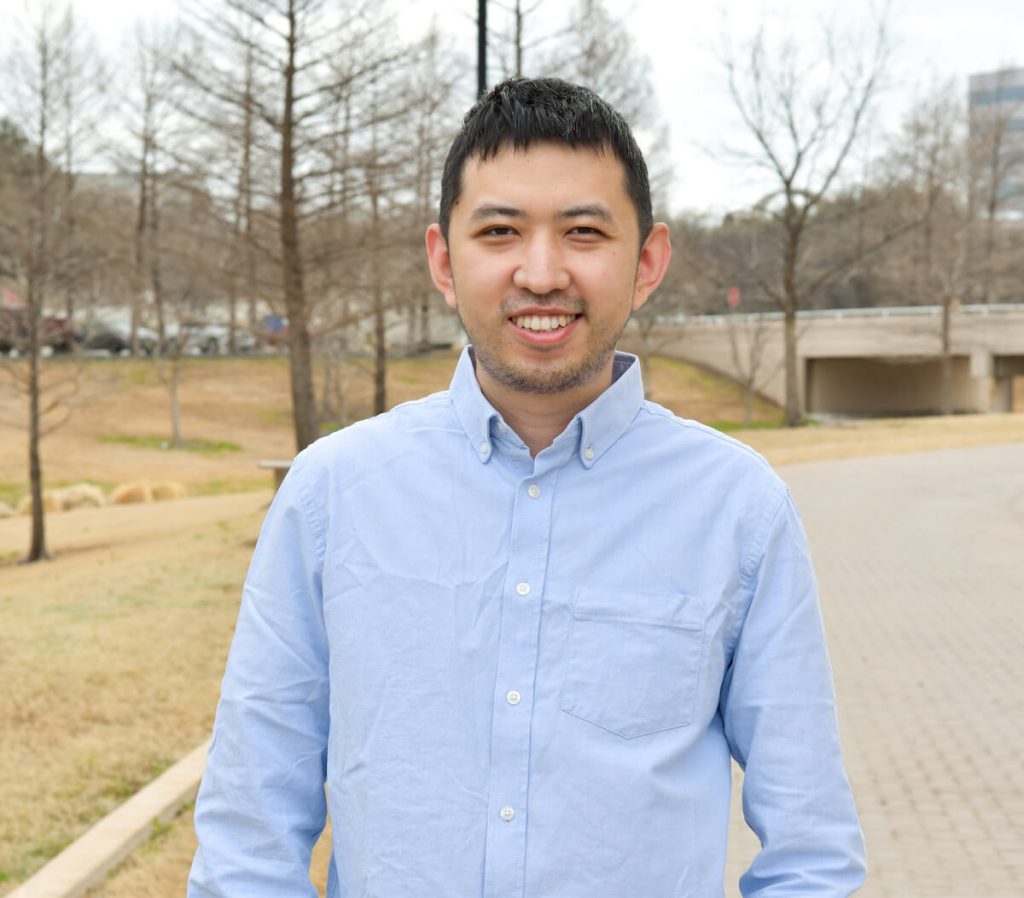
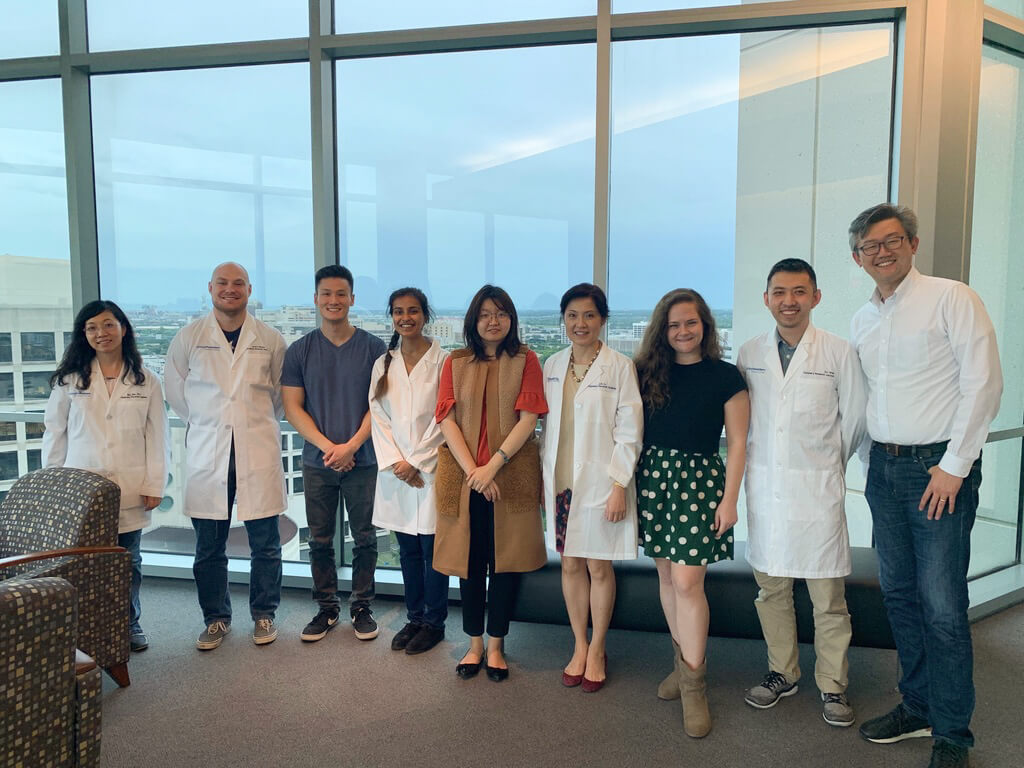
How did you end up in CRI?
Lin Li, our awesome senior scientist and lab manager, recommended I join Hao’s lab. At the time, Hao was looking to recruit a postdoc with a biochemistry background, which was the focus of my work for multiple years in China. At the same time, I was looking to switch to mouse studies, and from reading papers published by the Zhu lab, I knew I could get the experience I was seeking. Luckily enough, I sent an application letter to Hao and got a positive reply immediately. We met and had the chance to talk, and I learned his lab was a perfect match for the type of research I’m enthusiastic about. I am so happy to have joined CRI and feel lucky to be a member of the Zhu lab. Everyone in the lab and in CRI has been so helpful, and the scientific environment is excellent.
How do you think your work will help patients?
Since ARID1 proteins are highly mutated in many cancers, I hope our work can provide clues for the treatment of patients who have cancers with high rates of ARID1 mutations, like ovarian and uterine cancers. While we don’t know yet how ARID1A/1B co-mutant tumors behave in different cancer types, we hope our studies can at least provide guidance for treating these tumors and reveal new therapeutic targets.
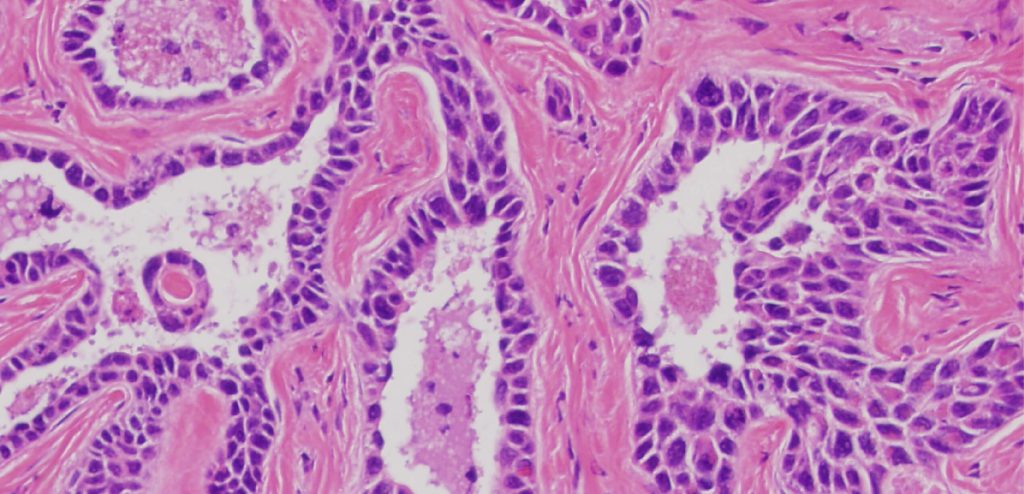
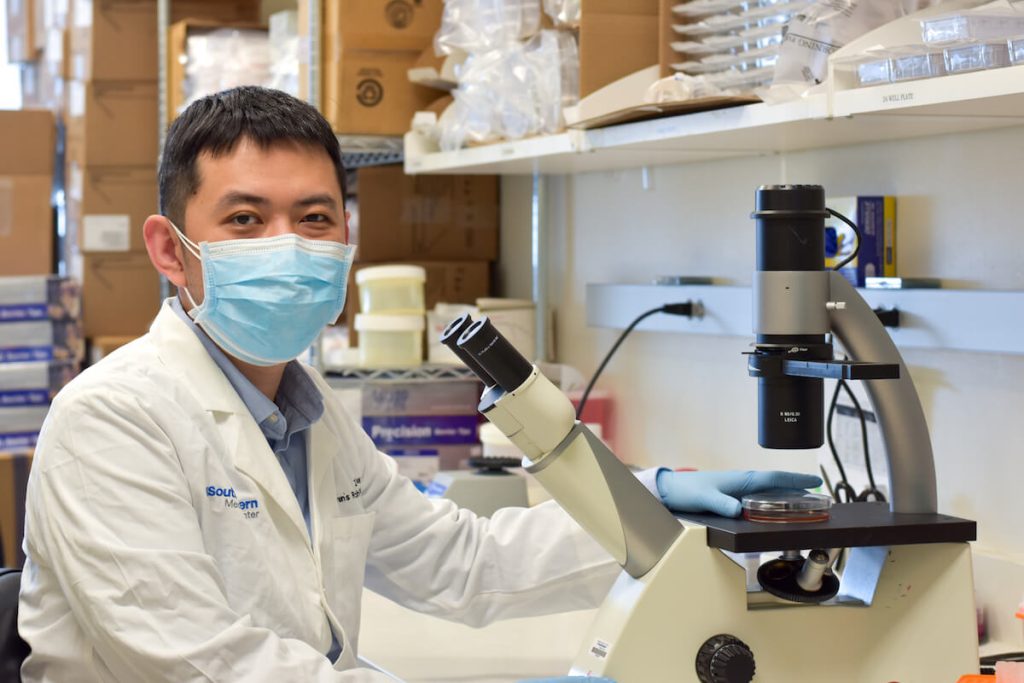
What do you love about science?
I believe people choose to work in biomedical research because of their enthusiasm for nature and a desire to uncover the mysteries of life. We spend most of our time focusing on questions that are part of the larger biological field and are often the first ones in the world to uncover exciting answers. That moment of discovery is one of my favorite things about science and what keeps me coming back.
What do you like to do when you’re not in the lab?
I like to travel in my free time and enjoy exploring new countries and experiencing different cultures. My favorite place I recently visited is California where I drove the State Route 1 highway and got to see the amazing natural pacific coast scenery. In the future, I want to visit The Metropolitan Museum of Art in New York because it has many exquisite stone carved Buddha statues that originate from Xiangtangshan Grottoes, which is in my hometown of Handan City. Besides traveling, being able to spend time in nature and caring for my plants is important to me. I especially like growing different species of orchids like Dendrobium and Catasetum.
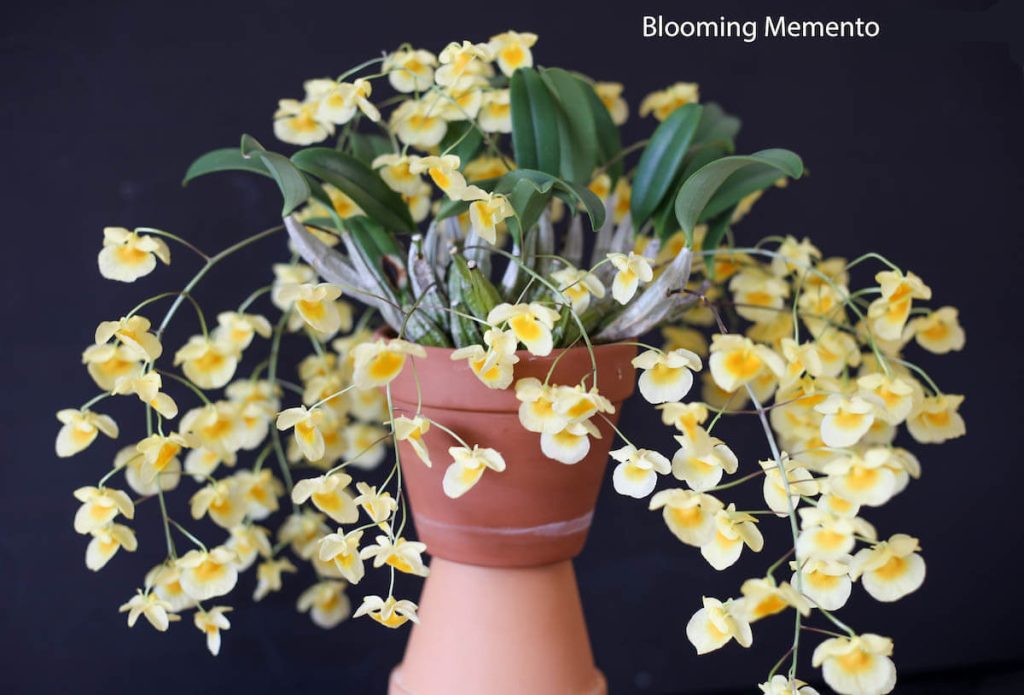
© 2025 Children’s Research Institute Dallas Texas | Privacy | Site Policies